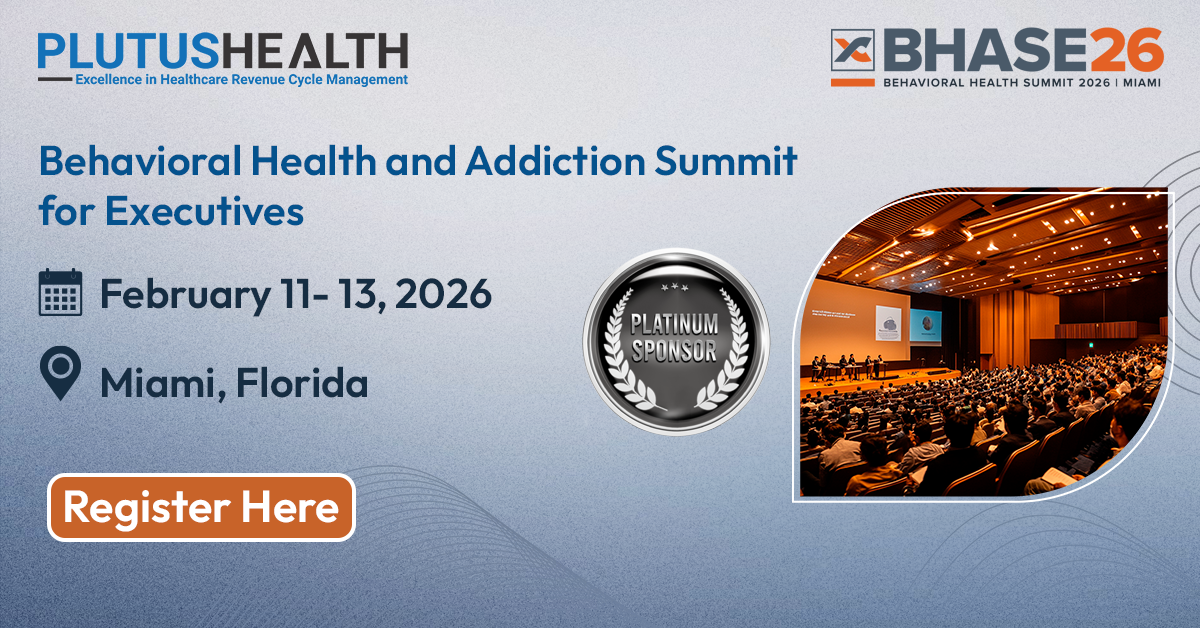Deep dive into the no surprises act
Nearly a year after its implementation, the No Surprises Act (NSA) still bewilders practices. The bill's stipulations are layered, circumstantially dependent, and difficult to enact. This complexity drove the American Hospital Association to write CMS detailing hospitals’ struggles executing the law.
Practices may unknowingly be subject to NSA requirements or able to circumvent some of the rule’s harsher restrictions. As such, medical providers must carefully review the bill to efficiently follow its mandates.
Non-Emergency Out-of-Network Care Balance Billing
The NSA’s main feature is a restriction on balance billing patients who receive out-of-network care at in-network facilities. Here are the locations where this ban applies:
● Hospitals
● Hospital Out-Patient Departments
● Critical Access Hospitals
● Ambulatory Surgery Centers (ASCs)
For the NSA to offer protection, a commercially insured patient must receive care at an in-patient clinic. The provider who treats the patient must be out-of-network. Providers should inform commercially insured consumers of this protection within a set timeframe and using specific formatting.
In NSA-protected cases, the practice must charge the in-network amount or submit to state price guidelines. If no state standards exist, NSA regulators will provide an independent board to determine patient cost-sharing.
Balance Billing Exceptions
Providers may balance bill patients who would typically receive NSA protection if the following criteria apply:
● The procedure is not on the requested exclusion list set by regulators.
● The provider has given the consumer a request to balance bill either 72 hours or three hours before an appointment. Which timeframe the physician follows will depend on scheduling.
● The consent form conforms to federal guidelines as determined by the HHS.
● The form includes an estimate of charges.
● The provider hires an interpreter if the patient speaks a different language than the request form.
● The consumer has signed the form.
● The provider has sent the medical plan a copy of the signed consent form during the claim process.
Emergency Out-of-Network Care Balance Billing
Emergency care is subject to similar NSA restrictions as its non-emergency counterpart but is less flexible. Out-of-network providers may not balance bill stabilizing care under any circumstances.
Post-stabilization may be balance billed under certain conditions. Most of these conditions match non-emergency service criteria, including regulations for submitting a patient consent form. However, the provider must always submit the consent form three or more hours before offering care.
Additionally, the patient must be able to travel to an in-network provider without using medical transportation. If an in-network provider exists within the facility, the patient must know. Before receiving post-stabilization care, the consumer may revoke their consent in written form.
Good Faith Estimates
Providers must inform self-pay and uninsured patients of their right to a good faith estimate (GFE). Practices should give consumers a requested GFE one business day after scheduling a procedure. If the procedure occurs 10 or more days after scheduling, providers may have three days. Patients may receive arbitration if the service costs exceed the GFE by more than $400.
Convening Provider
The convening provider is responsible for constructing the cost overview patient report. Unfortunately, determining who qualifies as a convening provider still generates debate.
Authorities agree that the procedure scheduling provider is responsible for creating a GFE and related documents. However, whether this provider is the surgeon, or their employer hospital remains unclear.
Non-Insured Patient Coverage
Authorities currently mandate GFEs for uninsured patients. However, defining who qualifies as uninsured is complex. Consumers with plans that don’t cover the scheduled procedure are considered uninsured. If a medical contract is short-term, the patient is considered uninsured. Additionally, consumers with plans may opt out of their benefits to receive a GFE.
Patient Legal Protections
Providers must give patients communication details of state and federal authorities who oversee the NSA’s enforcement. Consumers who believe a practice breached their rights may contact these authorities directly. To avoid burdening the patient with negotiations, regulators will create an independent board to review malfeasance claims.
Upcoming Stipulations
Regulators wish to enforce multiple additional NSA provisions but have delayed doing so because of complexity concerns. CMS is working on a practical method to impose the following rules as soon as possible:
● Practices must seek out cost estimates from other providers as part of their reports.
● The convening provider will need to predict additional services the patient may need to support the base procedure.
● Insured patients will have similar rights to GFEs as self-pay patients.
At Plutus Health, we understand the strain the NSA places on medical practices. That’s why we’ve invested significant resources into ensuring our billing services streamline your RCM. Our expert team of coders and biller’s eases providers’ burdens by reliably securing high, quick reimbursements. Contact us today to view our labor-saving services.
Key Takeaways
1. The NSA restricts practices from balance billing certain patients who receive out-of-network care at an in-network facility.
2. If a consumer signs a consent form that follows protocol, balance billing is acceptable.
3. Emergency services rarely may be balance billed.
4. Providers must inform patients of their right to a good faith estimate and provide one if requested.
5. The convening provider is responsible for creating price predictions.
6. Defining which patients qualify as non-insured is complicated.
7. Consumers have the right to an independent review if they claim NSA malfeasance.
8. CMS is working on enforcing more complex stipulations.



















































